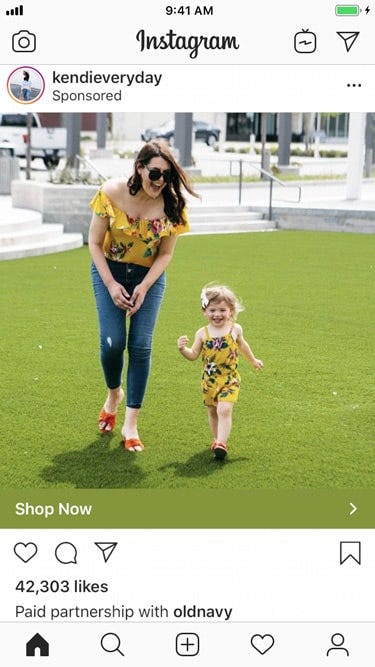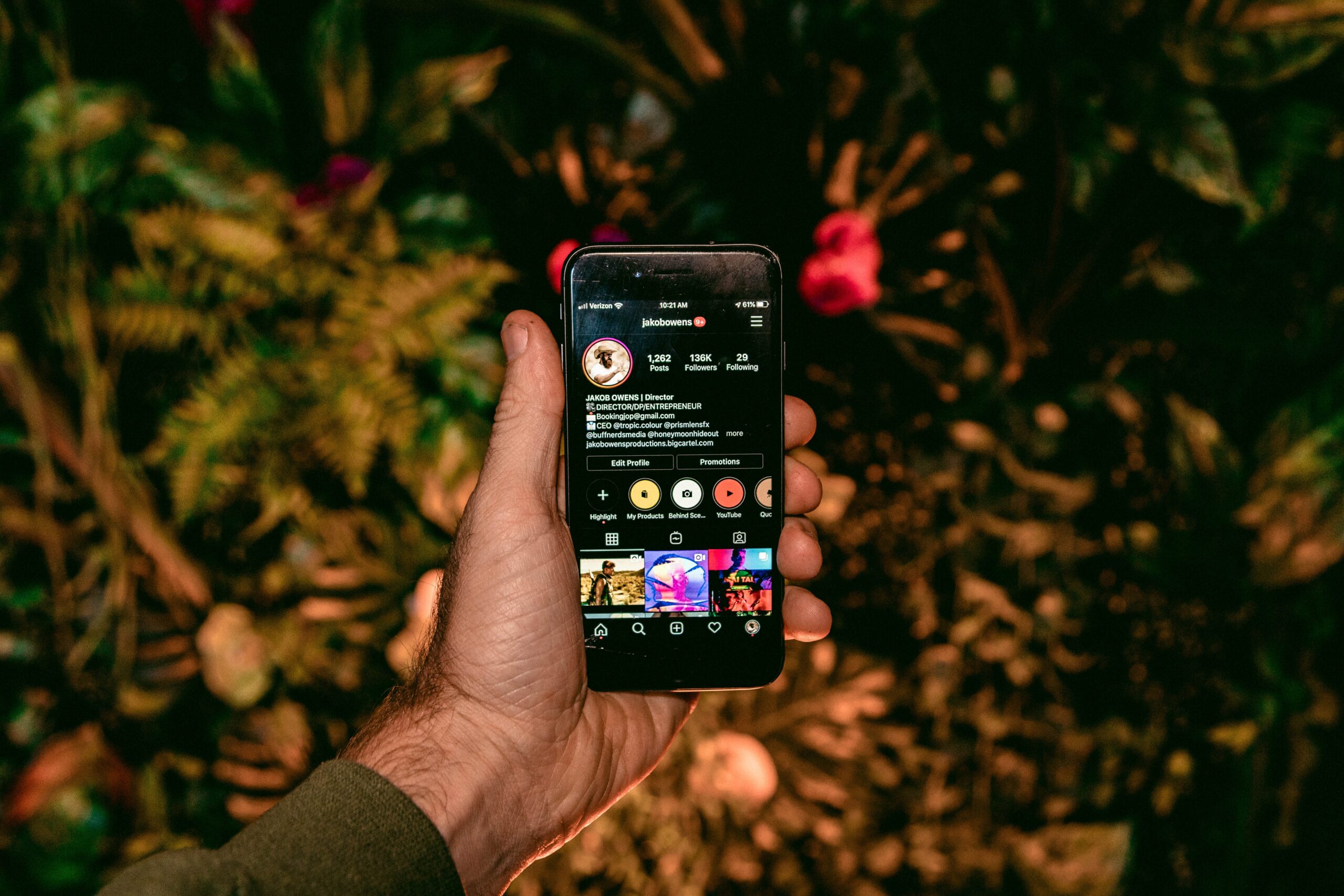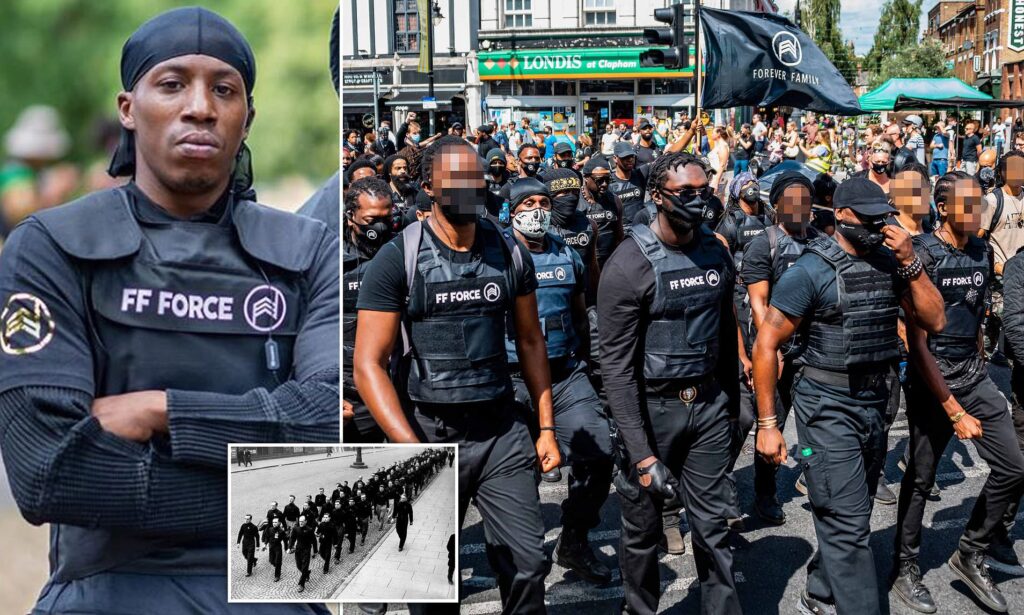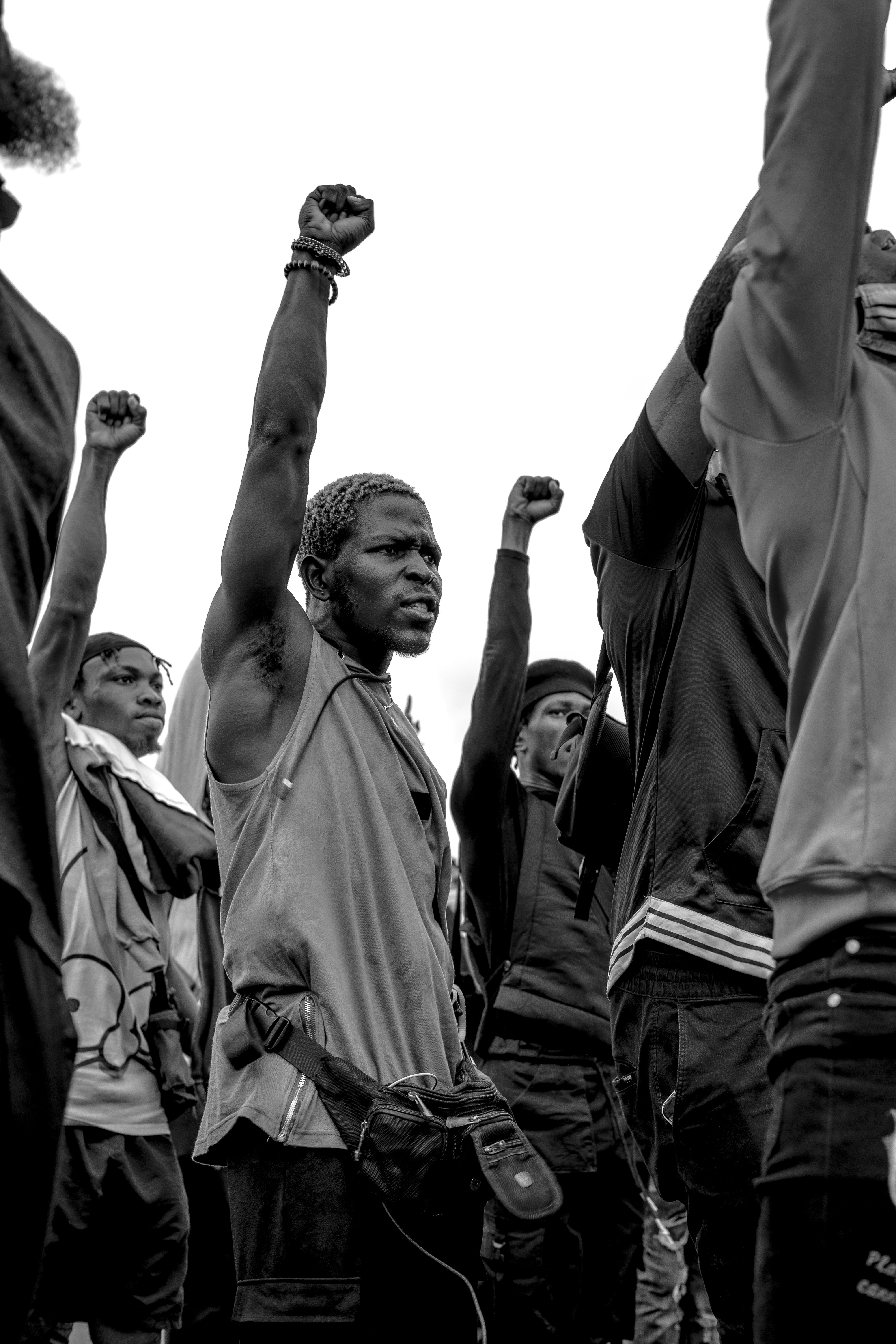Social media has grown to be a staple part of life whether you’re over 50 or under 20, companies constantly look for various ways to keep you on thier platform and feed you with content you’d like to see.
Just over a decade ago if a teacher were to ask his/her students what they’d like to be when they grow up common responses would be “astronauts, doctors, singers and of course the most common footballers”. Fast forward to 2021 and ask the same question, a student can respond with “I want to be a Youtuber”. What’s that?
Who’s an influencer?
Simply put, an influencer is someone who well… influences people. They tend to have a following on social media platforms such as Youtube, Instagram, etc, and influence or persuade their audience to buy or do certain things. These can be anything from facial creams, shoes, holidays, to the most prevalent of them all flat tummy tea.
There are also things influencers promote that can be questioned such as certain procedures that can lead to health complications such as plastic surgery clinic offers or in a case we will look at shortly pro-genocide content.
Whatever is there to be sold or told an influencer can put it forward to their online audience.
People are drawn to this new and at times flashy lifestyle of an influencer with free products and huge compensations from companies, in this article I pose the question:
“Are all influencers promoting things that need our attention or is it only about where the money resides, where the money resides? (A reference from Durell Smylie the viral car salesman)
Hey, look at this
Let me start off by saying I believe influencers are fantastic for target marketing and raising awareness and I in some way am an influencer myself though not on a large scale like your favorite Youtubers perhaps.
I mean let’s be frank the paycheck of certain influencers is big business.
Christano Ronaldo the famous footballer earns more from Instagram than he does from Football.
Although that’s definitely not always the case, the average salary of an influencer is around $46,000 according to zip recruiter this figure rises significantly the more followers one has.
Putting money to one side, we might need to take caution on what exactly we are being influenced to do at times. An example is Renee Donaldson a Youtuber who has shared her story on BBC about plastic surgery procedures in Turkey which are a fraction of the cost in the UK and was paid to promote the clinic to her over 150,000 followers.
The benefits of having an enhanced body though may look nice (if done correctly of course) are appealing to some, the damages it can cause to the body are a very real danger which happened in the case of Renee and not all influencers highlight this.
A more cynical example is the Chinese communist party [CCP] paying British YouTubers to promote pro-China content in support of the on-going Uyghur concentration camps. Lee Barratt a Youtuber with over 200,000 subscribers has been “sponsored” to praise the Chinese government and shun Hong kong for its pro-democracy protests and other on-going issues.
In China, most social media platforms such as Facebook, Instagram, Youtube, etc used in the western hemisphere are banned and the media is controlled through a state central source. This raises the question if what we are being influenced at times is genuine or not.
A different message
Give credit where credit is due and many influencers have used their platforms to raise awareness for causes such as the #metoo movement, #blacklivesmatter, and one of the most recent #endsars. It’s useful to note in these cases, money most likely wasn’t the motive as the message itself was enough compensation to produce content on these issues.
Raspect Reblion a UK influencer has a page where he raises awareness on various issues from police brutality, to ending racial injustice, to the need to protect the community.
Raspect Reblion
The opposite is when money is involved then at times you get the influencers promoting content that doesn’t mention the small print or says it really fast so you can’t comprehend what is being said.
The issues don’t lie in promoting things like gaming chairs or mobile phone cases for example but when it branches into things such as public health and even politics that’s where things start to get a little sticky.
The UK government paid up to £63,000 to 42 social media influencers to promote their test and trace application. The worst part about this is the money was used by some for holidays in Dubai which goes against the message being promoted surely.
Social media platforms such as Instagram and Youtube have taken the approach of informing the users which posts are paid for and which ones aren’t. The example below is a message shown on Instagram posts.

A paid post on instagram
Where is the Line Drawn?
A line has to be drawn when it comes to influencing and it is up to us to decide the starting point of it. Some might decide it’s when pro-genocide content is produced, for others it might be promoting a skin-lightening product in which issues of colorism arise as the case with Blac Chyna the US influencer. While some might not even draw a line at all and say at the end of the day it’s only just a job.





